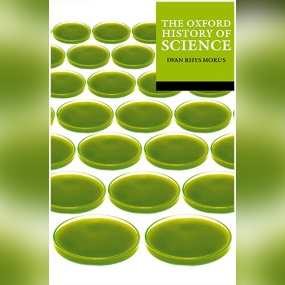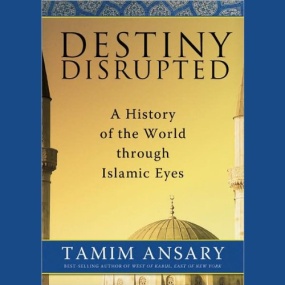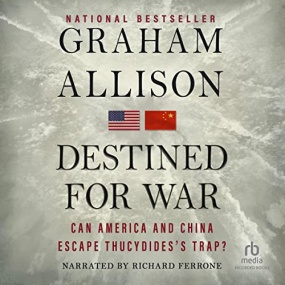
要了解各个帝国的兴衰史,我们必须循着河流沿岸、港口之间以及横跨海城的粮食贸易路线进行探寻。历史学家斯科特·雷诺兹·尼尔森(Scott Reynolds Nelson)在《小麦战争》中揭示了:通过努力控制这些路线,可改变世界强国之间的力量均势。19世纪初,俄罗斯帝国通过乌克兰境内的敖德萨港口向欧洲大部分地区供应食物。但在美国内战之后,成吨的美国小麦开始涌入大西洋,食品价格暴跌。这些廉价的外国粮食推动了德国和意大利的崛起、哈布斯堡王朝和奥斯曼帝国的衰落。这也是第一次世界大战与俄国革命爆发的关键因素之一。作者从公元前一万年娓娓道来,讲述了谷物重塑世界霸权的历程,透过历史档案,重现英国、法国、荷兰、比利时、乌克兰与俄罗斯帝国如何因谷物的运输与供给兴盛,又如何因为美国廉价的小麦与全球化贸易遭遇挑战。
To understand the rise and fall of empires, we must follow the paths traveled by grain—along rivers, between ports, and across seas. In Oceans of Grain, historian Scott Reynolds Nelson reveals how the struggle to dominate these routes transformed the balance of world power.
Early in the nineteenth century, imperial Russia fed much of Europe through the booming port of Odessa. But following the US Civil War, tons of American wheat began to flood across the Atlantic, and food prices plummeted. This cheap foreign grain spurred the rise of Germany and Italy, the decline of the Habsburgs and the Ottomans, and the European scramble for empire. It was a crucial factor in the outbreak of the First World War and the Russian Revolution.
A powerful new interpretation, Oceans of Grain shows that amid the great powers’ rivalries, there was no greater power than control of grain.
Scott Reynolds Nelson is the UGA Athletics Association professor of the humanities at the University of Georgia. He is a Guggenheim fellow and the author of five books, including Steel Drivin’ Man, which received the Merle Curti Social History Award and the National Award for Arts Writing. Nelson lives in Athens, Georgia.

下载信息已被隐藏,请在下方输入 验证码 查看隐藏内容
关注微信公众号,回复“验证码”,获取验证码。 在微信里搜索“力哥爱阅读”或扫码关注。
⚠️ 取关用户无法收到验证码或任何消息,无需再次关注 ⚠️






